Service functions
Major events of 2013
| New target structure | Infrastructure projects | Innovation | International cooperation | Social responsibility |
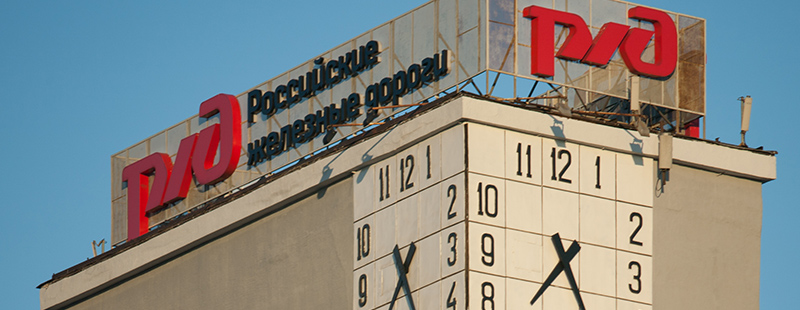
In December 2013 the Development Strategy for Russian Railways for the period up to 2030 was approved by the Company.
A new target structure for Russian Railways was adopted and includes the following five business units:
- Transport and logistics;
- Passenger transport and service;
- Infrastructure;
- International engineering and transport construction;
- Social service.
Key strategic tasks have been set for each unit for the period up to 2030. The following tasks were undertaken in 2013 under the target structure formation:
- Creation of the Infrastructure business unit;
- Formation of the Passenger Transport business unit;
- Formation of the Transport and Logistics business unit, with its framework defined.
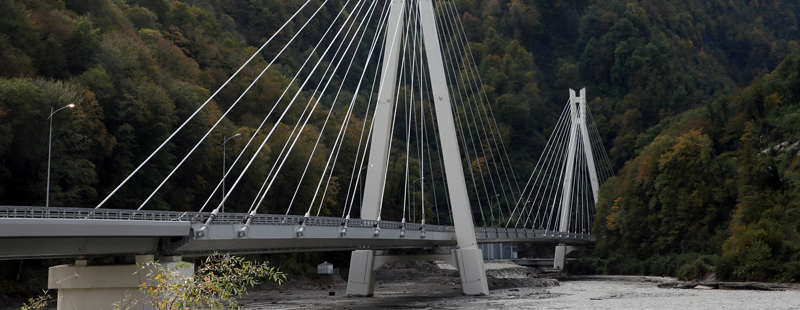
The following projects and their completion were the main priorities for 2013:
- Infrastructure development for the Olympic Games was completed;
- Rail freight yards of Imereti lowland were put in commission;
- A railway line from the town of Adler to Sochi Airport was put in commission;
- Construction was completed of double-track railway patches on the line from the town of Tuapse to the town of Adler;
- A regular electric train, Lastochka, was launched from Sochi to the Krasnaya Polyana resort and the Olympic Park;
- A new passenger terminal was opened at Adler station;
- A combined road (motor and rail) from Adler to the mountain resort (the Alpica-Service) was put in commission;
- Russian Railways fulfilled all obligations with regards to freight transport for the construction of Olympic facilities with over 70 million tonnes of cargo delivered;
- Agreed targets were met for the project to develop a Moscow transportation hub;
- Projects for the infrastructure development of Eastern operating domain railways were launched.
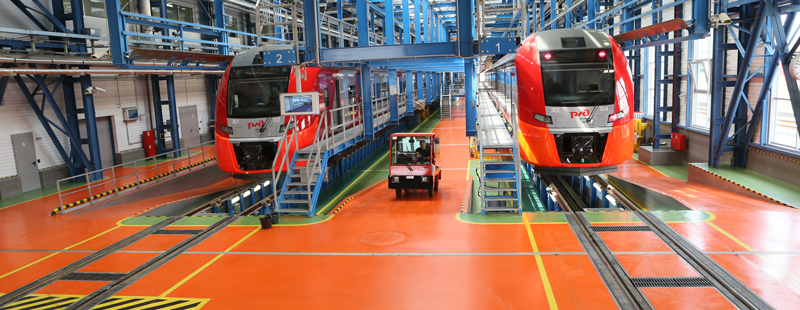
In 2013 Russian Railways was named 6th in the ranking of the Top 50 Innovative Companies in Russia by the Institute of Socio-economic Modernisation.
The Company’s investment into R&D amounted to 0.53% of the proceeds from sales
(RUB 7.28 billion) in 2013, which corresponds to the investments of foreign competitors.
In 2013 a centre of high-speed operation organisation was founded at Russian Railways.
During 2013, 45 electric trains of the ES1 Lastochka series were delivered to Russia and entered into active service.
In November 2013 the formal opening of a new generation electric train production complex took place at LLC Uralskiye Lokomotivy.
The management decisions supporting system RRMRA (Risk and Resources Management and Reliability Analysis) was further developed in 2013.
The economic benefits relating to activities carried out under the Energy Saving and Energy Efficiency Raising Programme totalled RUB 610.6 million in 2013.
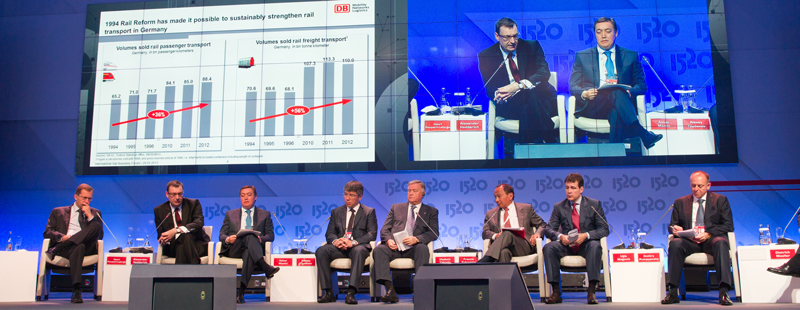
In 2013 Russian Railways continued working on projects aimed at strengthening the Company’s competitiveness on the global market for freight and passenger transportation services, ensuring its integration into the Euro-Asian transport and logistics system.
Russian Railways engages in the following international cooperation projects:
- actively interacts with its main partners for freight and passenger traffic – the railways of the CIS and Baltic countries with a gauge of 1,520 mm;
- participates in the transport platform of Common Economic Space (CES) that
is being created by Russia, Belarus and Kazakhstan; - successfully implements railway and modal transportation development projects together with partners in Kazakhstan, Ukraine, Belarus, Finland, Slovakia, Germany, China and other countries;
- strengthens cooperation with the world leaders of railway engineering;
- actively participates in the work of international intergovernmental and non-governmental organisations;
- participates in the implementation of infrastructure projects abroad;
- signed a Memorandum of Cooperation with the administration of the town of Chongqing and the Chinese Railways Corporation within the framework of the development of container transportation route Chongqing (China) – Europe;
- resumed freight transportation across the railway border crossing Makhalino – Hunchun;
- began development of a Northern Logistics System and transport corridor between Russia, Mongolia, and China;
- implements development and modernisation projects with regards to the railway infrastructure of Serbia, Democratic People’s Republic of Korea, Mongolia and Armenia.
The Company also completed reconstruction of the railway infrastructure in Abkhazia. Consideration of projects in Austria, Slovakia, Libya, Ecuador, Ethiopia, Vietnam and Indonesia is underway.
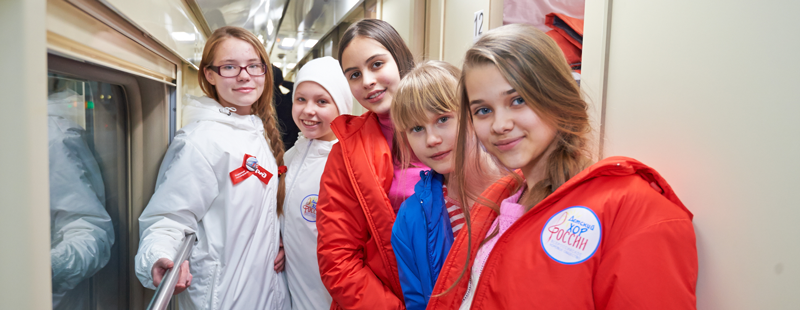
- In 2013 Russian Railways was named as one of the 5 most attractive employers in the country (according to the Russian Public Opinion Research Centre).
- In 2013 the current Policy of Health and Safety, Environmental Protection and Industrial Safety was updated, and a Long-range Comprehensive Programme of Working Conditions and Health and Safety Improvement for 2013–2015 was adopted.
- The average monthly salary of Russian Railways employees increased by 9.1% in 2013 and amounted to RUB 38,936 across all groups. In real terms (taking into account inflation) the average salary at Russian Railways increased by 2.2%.
- The Company has formed a unique system of continuous education for staff in all categories and at all levels.
- In 2013 Russian Railways and the Russian Trade Union of Railwaymen and Transport Constructors signed a new Collective Agreement of Russian Railways for 2014–2016. All obligations in terms of social guarantees for employees, unemployed retired employees and members of their families remained the same.
- In 2013, 2,347 Russian Railways employees received subsidised mortgage loans for purchasing their own housing.
- The number of participants and investors in the Russian Railways corporate pension system was 644,600 during 2013.
- 2013 was declared the ‘Year of Environmental Protection’ by Russian Railways. The Company adopted an environmental strategy up to 2015 for further extension to 2030. A key element of the strategy is halving the enivironmental impact of the economic activities of the Company by 2030. Green innovative technologies will be prioritized accordingly.